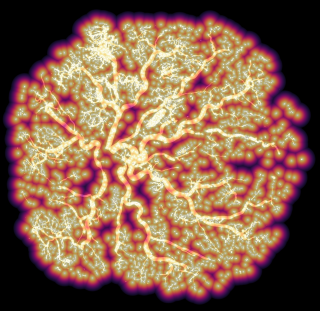Placenta imaging - Dr Rosalind Augwhane

Investigating Placental MRI
My research aims to discover whether a safe medical imaging technology (Magnetic Resonance Imaging (MRI)) can be developed to assess how well the placenta is working during pregnancy.
Placental insufficiency is a condition where the placenta cannot meet the oxygen and nutritional demands of a growing baby in the womb. This is responsible for over a third of stillbirths in the UK. It is also associated with long term health problems for the baby, including cerebral palsy due to brain injury from low oxygen levels. The mother can suffer from high blood pressure and a life threatening condition called pre-eclampsia.
Currently there are no diagnostic tests to determine placental function. There is no safe way of assessing the baby’s oxygen levels in the womb. Doctors therefore rely on several ultrasound markers when investigating why a baby is small. These markers guide management decisions including the best time to deliver a baby. These decisions are difficult and complex. Doctors must weigh up the risk of complications from a preterm birth against the risk of injury or death of the baby from remaining in the womb with low oxygen levels. Optimising the information used to make these decisions is vital to the health of the baby and mother.
The long-term aim of this research will be to:
- Demonstrate if MRI markers can be used to optimise the care and outcomes of women with pregnancies complicated by placental insufficiency
- Establish an effective MRI test of placental function for routine use in clinical practice
 Close
Close





